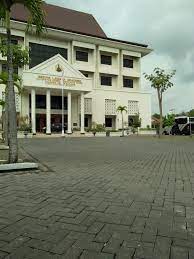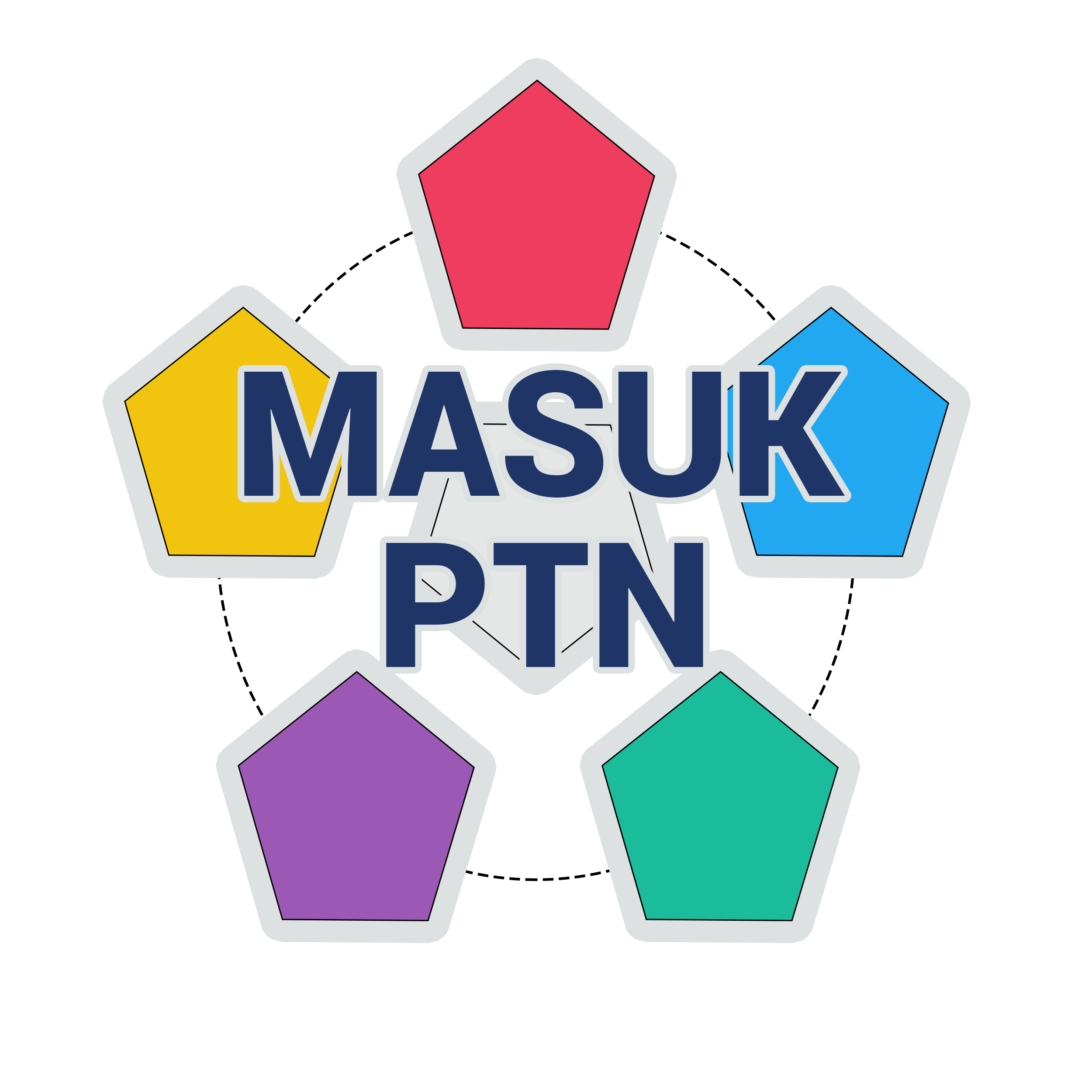SEJARAH
The Department of Preschool and Primary Education (PPSD) for the S-1 PGSD study program was formed based on the Decree of the Minister of National Education of the Republic of Indonesia Number 10/D/O/2006 on February 3, 2006. The S-1 PGSD Study Program is a development of the Senior High School Education for Junior High School (SMP) and Senior High School (SMA) teacher candidates with the names Teacher Education School and Sports Teacher School.
In line with government policies regarding on improving the quality of education, teachers must have a minimum education equivalent to Diploma-2 so that in 1992, SPG and SGO were converted into diploma-2 levels. In that case, diploma-2 levels were no longer be under the auspices of the Ministry of Education and Culture (at that time) so they were delegated to universities which there was Yogyakarta IKIP that had scientific affinity to it. The D2 level lasted until 2006 when a policy of minimum qualification for a teacher emerged, so the D2 PGSD study program qualification was upgraded to S1 PGSD until now. Moreover, it has developed into the S2 and S3 levels which are tiered education.
LAB
- Laboratorium PGSD
PROGRAM STUDI
VISION
In 2025 the Elementary School Teacher of Education Program is recognized at the Asian level as a superior study program that produces educators and educational researchers at the elementary school level who are pious, independent, and intellectual in elementary school children's education and literacy following the development of science and technology with an Indonesian national perspective.
- Implement education to produce professional educators and educational researchers at the elementary school level.
- Conducting research and development of science, technology, and arts in the education of elementary schools and disseminating the results to answer the community's needs at the local, national and international levels.
- Carrying out community service activities with an elementary school pattern towards implementing professional education and learning in elementary schools.
PURPOSE
- Producing graduates of prospective educators at the elementary level who have: a) competence and knowledge of elementary school students and various theories that underlie and support the study of graduate knowledge and expertise at the level of competence and learning materials, learning methodologies, school culture and school life dynamics, school management, school empowerment, life skills (soft skills, vocational skills, & leadership skills), and has a noble personality and character; b) humanist and professional attitude, namely optimizing all the potential of elementary school students to be fostered towards independence; c) ability to work and be responsible for their profession in the field of elementary teacher education by conducting learning, research, and community service to support their professional development.
- Develop science in elementary schools through research to improve and develop the latest elementary school science towards the realization of a more qualified and quality elementary school education.
- Helping the community benefit in overcoming problems and fulfilling the educational needs of elementary school students through community service.
- A network of inter-institutional cooperation is created for the ongoing development and practice of handling education for elementary school students.
- Creating supporting activities for learning soft skills and information technology needed by the teaching profession and elementary school students.

 MASUK PTN
MASUK PTN